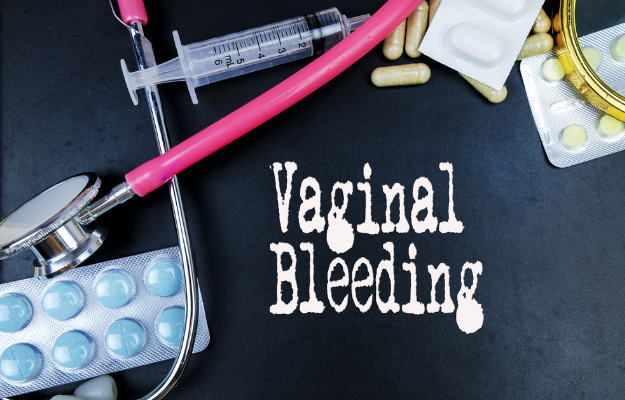Vaginal itching is a common problem that affects all women at one time or another. This is because it is a sign of several conditions, from hormonal changes during periods, pregnancy and menopause to a yeast infection. In some cases, it may even be an early sign of a sexually transmitted disease (STD) like trichomoniasis (caused by a protozoan known as Trichomonas vaginalis).
Usually, vaginal itching resolves on its own. In the case of a mild bacterial or fungal infection, over-the-counter medicines like hydrocortisone ointments can help soothe the itch. Home remedies such as aloe vera gel can also help in some cases.
Sometimes, though, vaginal itching is accompanied by other symptoms such as vaginal pain, blisters or bumps on the genitals, or a burning sensation while urinating. These may point to more serious conditions that may require medical intervention.
Treatment of vaginal itching, of course, depends on the cause. To find the underlying cause, your doctor will ask you about your symptoms, do a pelvic exam and may even recommend further tests to rule out STDs and other problems.















































